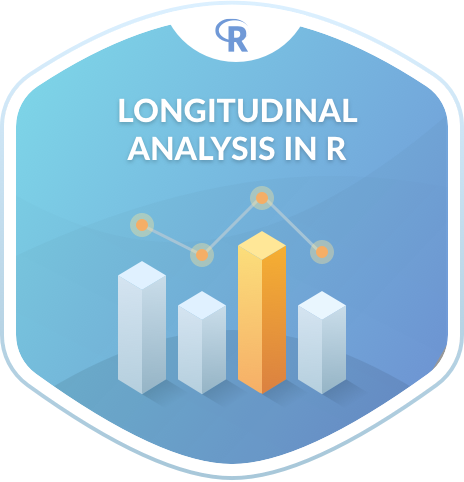Clustering of longitudinal data to identify patient phenotypes
Monday, April 15, 2024, 2:00 pm - 3:00 pm
Location: Health Science Building HS 740
Registration Link: https://ktq3lcblh4r.typeform.com/to/QuEkQJMO

Description
Instructor: Zihang Lu
The clustering of longitudinal data is becoming increasingly popular in medical research to identify distinct developmental patterns that reflect patient phenotypes. However, this type of analysis is often challenging due to the complex nature of the data, such as dependencies between observations collected over time, missingness, sparsity, and non-linearity, making it difficult to identify meaningful patterns and relationships among the data. Despite the increasingly common application of cluster analysis for longitudinal data, many existing methods are still less known to researchers, and limited guidance is provided in choosing between methods and software packages.
In this workshop, we will discuss some motivating examples, through which we will introduce several statistical methods and their application for clustering longitudinal data. The focus of this workshop will be the application and implementation of various approaches and technical details will be kept at a minimum level. Specifically, we will introduce the type of longitudinal data, methods and their R software packages for clustering a single longitudinal feature and for simultaneously clustering multiple longitudinal features. Case studies will be provided to demonstrate the utility and performance of various methods.